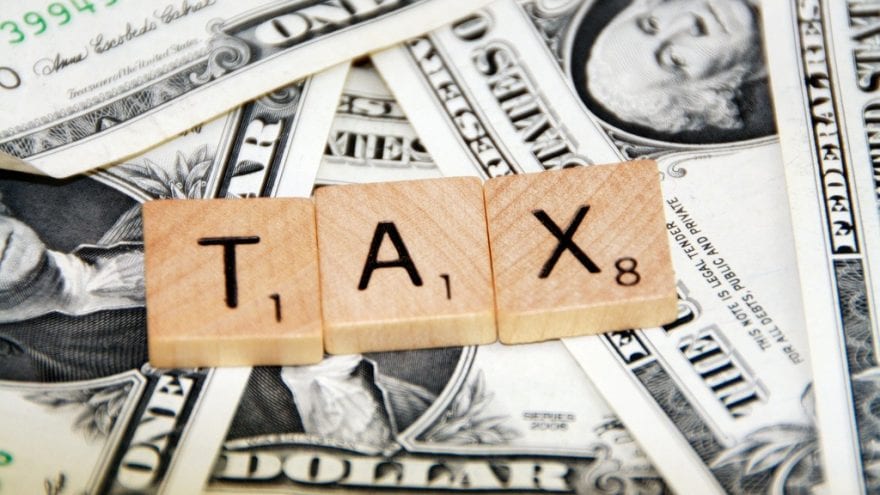The Impact of Fair Market Value on Gift Tax
Fair market value plays a vital role in determining whether a gift is taxable. While giving gifts is often a...

When gifting property, money, or assets, the giver often overlooks one crucial aspect—fair market value (FMV). In the United States, the tax implications of giving a gift can depend heavily on how much the item or asset is worth at the transfer time. This value determines whether the gift crosses the IRS’s tax threshold and if a return must be filed. Understanding how FMV influences gift tax can help avoid unintentional financial or legal consequences.
What Is Fair Market Value?
Fair Market Value is the price that the property would sell for on the open market. It assumes both the buyer and seller are willing, informed, and under no pressure to act. The IRS relies on this value when determining if a gift is subject to tax.
FMV can apply to a variety of assets, such as:
- Real estate
- Vehicles
- Artwork
- Stocks or securities
- Business interests
Different assets require different valuation methods. For instance, the FMV of a publicly traded stock is its average price on the gift date, while the value of a private business may require a professional appraisal.
Why FMV Matters for Gift Tax
Gift tax is not based on how much was paid or how much the asset initially cost. It is based on the gift’s fair market value at the time it was given. This is what makes FMV central to calculating gift tax liability.
Each year, the IRS sets an annual gift exclusion limit. If a gift’s FMV exceeds this limit, the excess amount may count against the lifetime exemption or trigger a tax filing requirement. For example:
- If the exclusion limit is $17,000 and someone gifts a car worth $25,000, they may need to report $8,000.
- If multiple gifts are given throughout the year, each one is assessed by its individual FMV.
Documenting Fair Market Value
To ensure proper Gift Tax Valuation, documentation is key. The IRS expects accurate records and clear proof of the asset’s value. This may include:
- Real estate appraisals
- Market reports
- Sales comparisons
- Expert valuation for non-traded items
Failing to document FMV can result in IRS audits or disputes. It’s always wise to maintain proper records, even if the gift does not seem large at first glance.
Common Mistakes to Avoid
Many taxpayers make errors that can lead to problems later:
- Underestimating value: Informal or outdated estimates may be challenged by the IRS.
- Overlooking professional help: Some assets require specialised knowledge to value correctly.
- Ignoring the cumulative effect: Multiple small gifts can exceed limits if not tracked.
These mistakes may result in unexpected taxes or even penalties. It’s important to be cautious, especially when gifting high-value or hard-to-value items.
Conclusion
Fair market value plays a vital role in determining whether a gift is taxable. While giving gifts is often a generous act, the IRS focuses on the actual worth of the gift rather than the intent. To stay compliant, individuals should make sure the value is correctly calculated, supported by documents, and meets IRS requirements. Understanding FMV helps both the giver and the recipient avoid unexpected tax issues.






